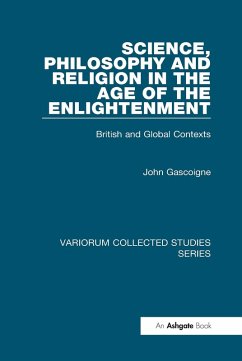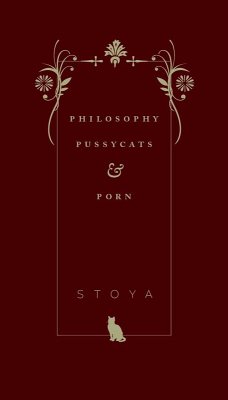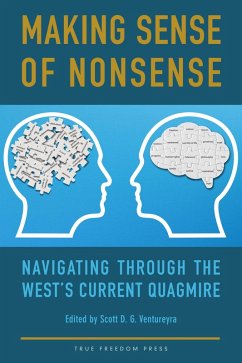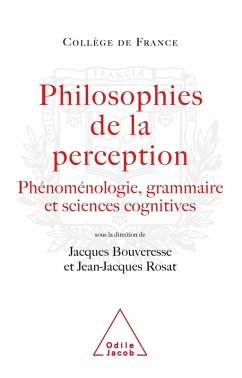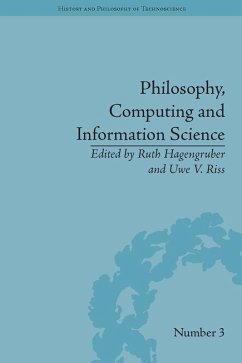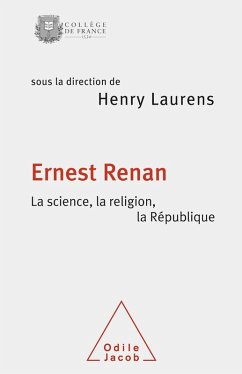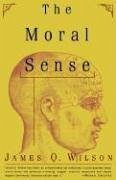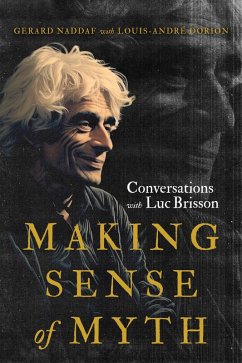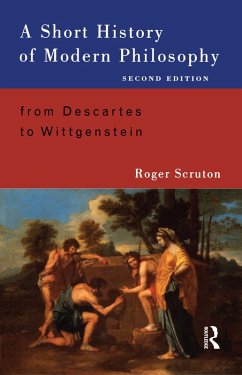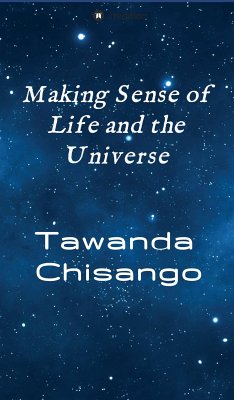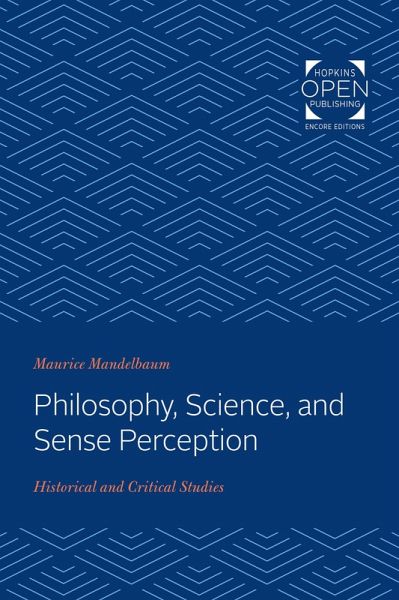
Philosophy, Science, and Sense Perception (eBook, ePUB)
Historical and Critical Studies
Versandkostenfrei!
Sofort per Download lieferbar
24,95 €
inkl. MwSt.
Weitere Ausgaben:

PAYBACK Punkte
12 °P sammeln!
Originally published in 1964. In four essays, Professor Mandelbaum challenges some of the most common assumptions of contemporary epistemology. Through historical analyses and critical argument, he attempts to show that one cannot successfully sever the connections between philosophic and scientific accounts of sense perception. While each essay is independent of the others, and the argument of each must therefore be judged on its own merits, one theme is common to all: that critical realism, as Mandelbaum calls it, is a viable epistemological position, even though some schools of thought hold...
Originally published in 1964. In four essays, Professor Mandelbaum challenges some of the most common assumptions of contemporary epistemology. Through historical analyses and critical argument, he attempts to show that one cannot successfully sever the connections between philosophic and scientific accounts of sense perception. While each essay is independent of the others, and the argument of each must therefore be judged on its own merits, one theme is common to all: that critical realism, as Mandelbaum calls it, is a viable epistemological position, even though some schools of thought hold it in low esteem.
Dieser Download kann aus rechtlichen Gründen nur mit Rechnungsadresse in A, B, BG, CY, CZ, D, DK, EW, E, FIN, F, GR, HR, H, IRL, I, LT, L, LR, M, NL, PL, P, R, S, SLO, SK ausgeliefert werden.




